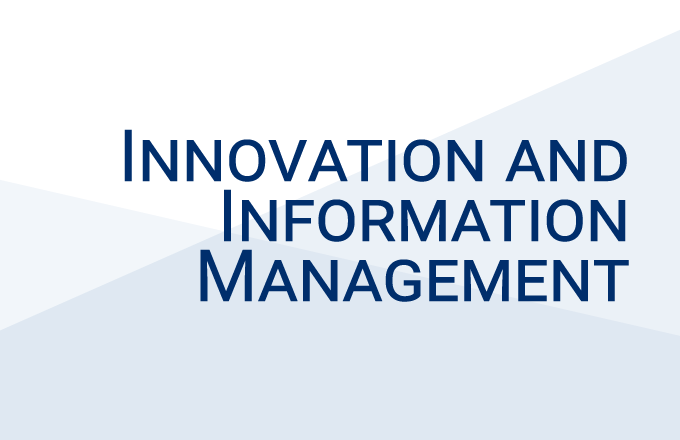Strategic Decisions Are Rational And Emotional: A Field Experiment Study of Innovation Portfolio Reviews
Dr. Haijian Si
Business Doctorate Candidate
Cambridge Judge Business School
University of Cambridge
Innovation portfolio management is the process of prioritizing resources spent on innovation projects. The most widely used methods are scoring (e.g., ROI, market share, or risk) and qualitative portfolio diagrams (e.g., technical versus market novelty). Theoretical considerations as well as practice feedback suggest that these methods have significant limitations. In particular, there are two theoretical shortcomings. First, early work in innovation strategy (Gluck and Foster 1976) suggested that portfolio resource allocation should be strategyspecific, but both scoring and portfolio diagrams have settled on standardized portfolio evaluation tools. Second, both methods take a strictly rational approach to strategic innovation decision making, although there is evidence that emotions play an important role. On the one hand, laboratory evidence suggests that affect can soften the overcommitment to past decisions problem (any innovation portfolio review will need to overturn past investment decisions); on the other hand, emotional regulation theory suggests that emotions may cause paralysis and need to be overcome by data driven decision analysis.














